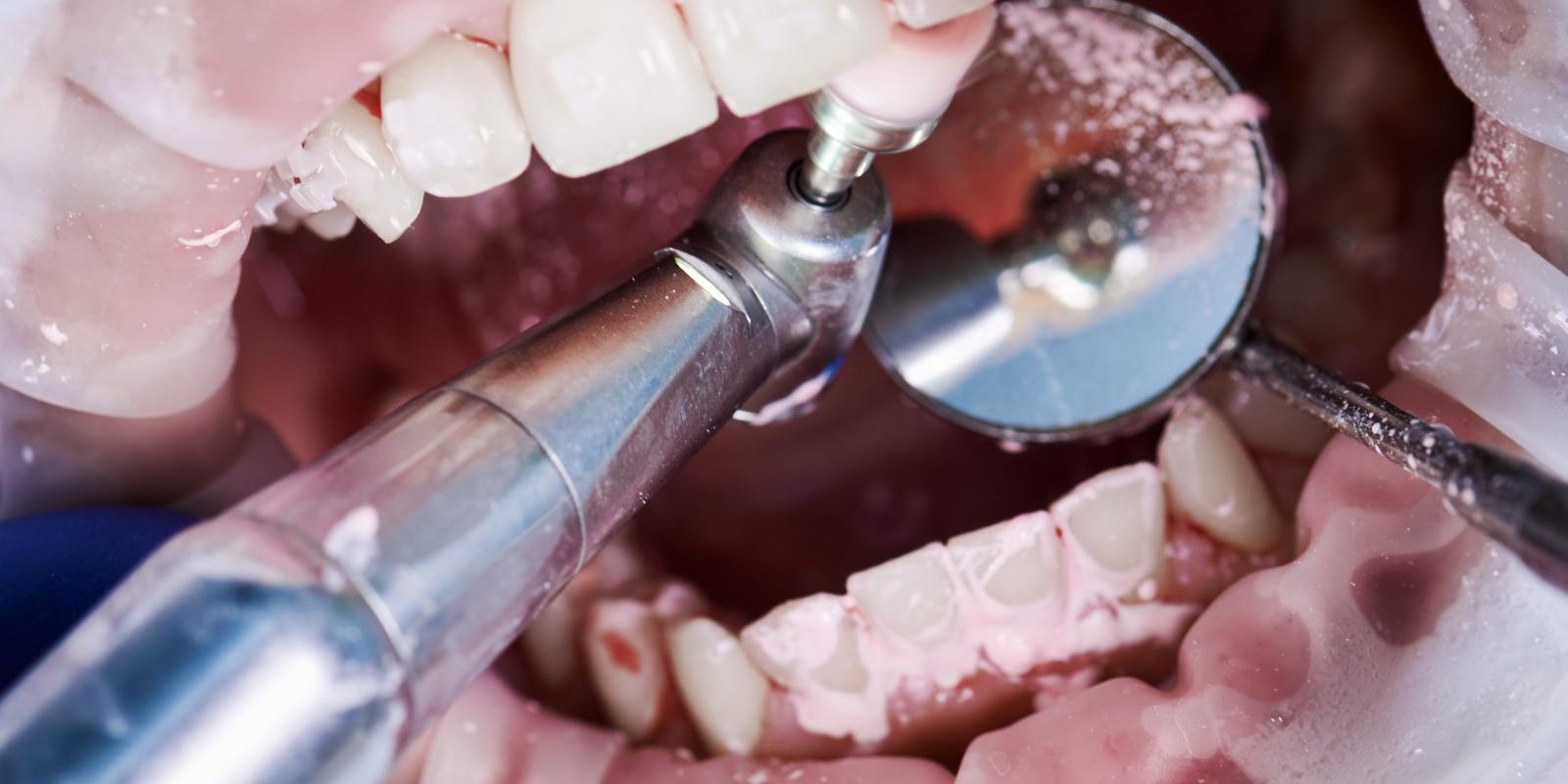
Maintaining your teeth’s health requires regular care and a basic understanding of oral hygiene. General dentistry focuses on prevention, helping you avoid common dental issues and maintain your natural teeth for life. Following these simple practices establishes a solid foundation for effective oral care.
Follow Daily Hygiene
Proper brushing technique helps maintain good oral health. General dentistry professionals recommend brushing twice a day with fluoride toothpaste and a soft-bristled toothbrush. Each brushing session should last at least two minutes, covering all tooth surfaces, including the gumline. This routine prevents plaque buildup and keeps your teeth and gums healthy.
Flossing complements brushing by cleaning areas that toothbrushes can’t reach. It removes food particles and plaque from between teeth, protecting against cavities in those spaces. Daily flossing also reduces the risk of gum disease by keeping gums free of harmful bacteria and plaque. Combined, brushing and flossing form a strong foundation for oral hygiene.
Schedule Regular Cleanings
Professional dental cleanings and examinations play a key role in preventive general dentistry. Typically recommended every six months, these visits help maintain oral health, though some individuals may need more frequent appointments based on their needs. Regular cleanings remove tartar buildup that brushing and flossing can’t address, polish teeth for a brighter appearance, and may include fluoride treatments to strengthen enamel.
Dental examinations allow dentists to detect potential problems early, often leading to less invasive and affordable treatments. Exams may include oral cancer screenings, bite evaluations, and checks on existing dental work. Addressing issues early helps avoid more serious complications.
Dental exams can also reveal signs of systemic conditions like diabetes or heart disease. Comprehensive evaluations monitor both oral and general health, making routine visits a valuable part of overall well-being.
Reduce Oral Risks
Certain lifestyle factors can harm your oral health. Tobacco use is a leading cause of gum disease, oral cancer, and tooth loss. Quitting tobacco improves both oral and overall health. If you use tobacco, seek support to help you stop.
Teeth grinding, also known as bruxism, can lead to tooth wear, fractures, and jaw problems. If you grind your teeth, especially during sleep, talk to your dentist about protective measures like custom-fitted night guards. If you participate in contact sports or activities with a risk of injury, wearing a custom-fitted mouthguard can help prevent dental trauma and provide better protection than store-bought options.
Address Warning Signs
Certain symptoms require immediate dental attention, such as persistent tooth pain, swelling, bleeding gums, or loose teeth. Early treatment prevents minor problems from becoming serious issues. Changes in your bite, chronic bad breath, or sensitivity to hot and cold temperatures may indicate deeper dental concerns. Ignoring these warning signs can lead to more complex and expensive treatments. Address these symptoms promptly with a dental professional.
Make a General Dentistry Appointment
Consistency in your oral care routine leads to long-term results. Brush and floss regularly, and replace your toothbrush every three to four months or after you’ve been sick. Keep extra oral care supplies handy to stay on track, even when traveling or busy. Pair these practices with regular professional dental care to protect your teeth and gums for a lifetime.
